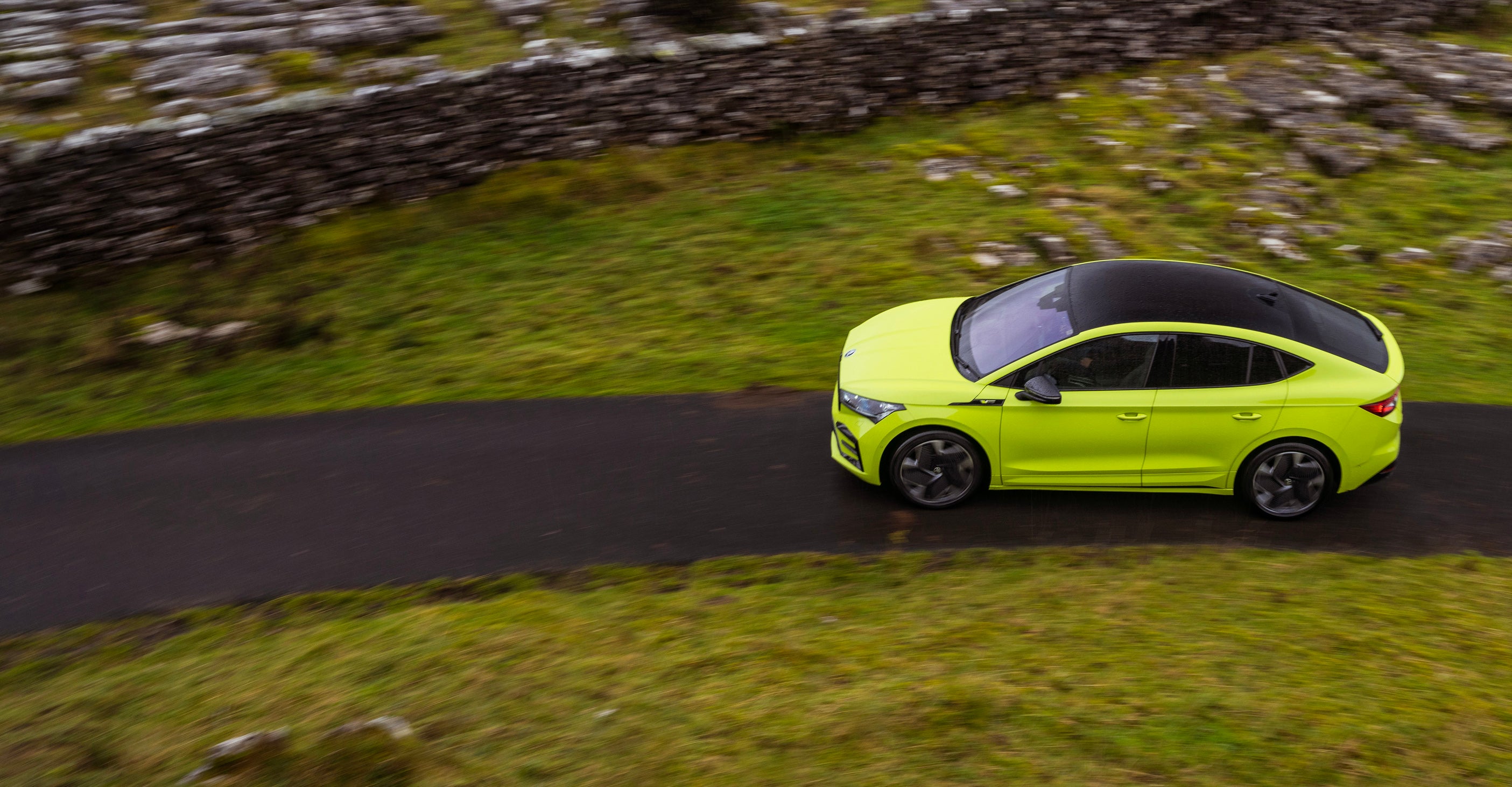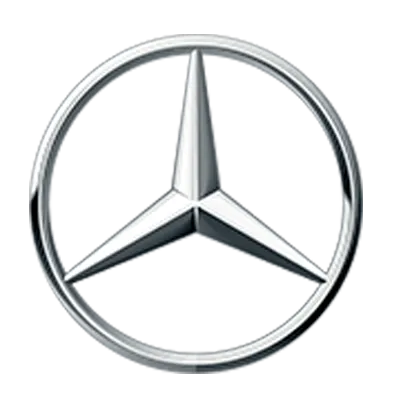Electric cars for sale with heycar
Electric cars are becoming increasingly common as buyers switch on to the benefits – both for them and for the environment. There are more electric cars (also known as EVs) available for sale than ever before, and the latest models have super-fast charging, long battery ranges and amazing performance. Electric cars come in all shapes and sizes, from small cars to large SUVs, and some are seriously fast and desirable. At the other end of the market, the cheapest electric cars for sale offer strong value for money.
Why buy a used electric car?
Many people buy an electric car because of the benefits to the environment. Modern EVs offset the emissions produced to make them fairly quickly, while the removal of local emissions and noise pollution benefits the community. But it’s not just about being eco-friendly, as electric cars can save you money if you can charge them up cheaply at home, while the ease of waking up to a fully charged car can’t be ignored, especially if you have an electric car with a long range. What’s more, many people love the smoothness, silence and instant power of an EV. Looking to save money? See which electric cars are the cheapest to insure.
What are the best makes and models of electric cars?
When talking about electric cars it’s very hard to ignore Tesla. The company helped spur the EV revolution and today produces some impressive cars that are hugely popular. But Tesla is far from the only choice as traditional carmakers have really ramped up their efforts. The excellent Kia EV6 and Hyundai Ioniq 5 are two of our favourite electric cars on sale, while the Skoda Enyaq iV is also a great all-rounder. If you want one of the cheapest electric cars the Renault Zoe is a strong buy, while we also like the great-to-drive BMW i4 and impressively fast Porsche Taycan.
How much does it cost to charge an electric car?
The cost of charging a used electric car can be pretty hard to pin down due for a couple of factors. However, compared to filling up a petrol or diesel car, charging an electric car will cost less.
If you're planning to charge your electric car from home regularly, it can be tricky to get a clear picture on how much it's costing you to charge your EV as it will get rolled into your monthly electricity bill. It is possible to work out the cost of charging your electric car from home though with some easy maths.
You first need to find out how much your energy provider is charging your electricity, which is calculated at pence per kilowatt hour (kWh) and should be on your tariff or bill. The average cost for standard electricity last year was 30p/kWh, though in some areas that can be more or less.
Now we have the pence per kilowatt hour price of 30p/kWh, we now need to find out the capacity of the electric car. Using the Skoda Enyaq iV 60 as an example, it has a battery capacity of 62kWh, so the cost of charging a Skoda Enyaq iV 60 from empty at home would be worked out at £0.3 x 62 = £18.60. However, you're unlikely to be charging from empty, while it's recommended you don't charge beyond 80% of the battery's capacity to prolong its life.
Using rapid chargers at motorway service stations and dedicated charging hubs will cost quite a bit more though, with prices varying depending on provider and speed. As an example though, with BP Pulse Instant Access (which doesn't require a subscription), the pence per kilowatt hour ranges from 59p/kWh to 85p/kWh for example. Charging times would be significantly quicker than at home, but you'll pay around £37.00 to charge a Skoda Enyaq iV 60 from 10 to 80% at the highest rate.
How long does it take to charge an electric car?
How long it takes to charge an electric car really depends on how you charge it. If you're planning to plug in a family-sized electric car at home and charge from a three-pin plug, you can be looking at more than 24 hours until the battery is fully charged. Unsurprisingly, this method is known as slow charging.
If you're planning to charge your electric car at home, you'll want to look at investing in a dedicated wall charger. This fast charging method runs 7kW, with charging times varying from 6 to 12 hours depending on the electric car, while a 22kW charger can reduce charging times by half compared to a 7kW charger. While a 22kW charger is currently the fastest charger you can get installed at home, most people won't be able to benefit from one as you'll need a three-phase electricity supply (expensive), while not that many electric cars are actually compatible with 22kW chargers.
Then there's rapid charging. These aren't available for home use, but are usually found at motorway service stations and dedicated charging hubs. Rapid chargers deliver the fastest EV charging rates for electric cars, ranging from 50kW to 350kW, meaning you can quickly top up the range of your EV in less than 30 minutes in some instances. However, the top speeds are dependent on the capabilities of your car – not all can accept the fastest speeds.
What should I look for when buying a used electric car?
The most important thing to consider when buying a used electric car is whether the range and charging works for you. EVs are great if you have the safety net of charging at home, but if you can’t then you’re reliant on the patchy (and expensive) public charging networks. If you’re just doing shorter drives or have access to another car for longer ones than a small electric car with less range will be all you need, while larger electric SUVs offer space for all the family and in some cases more than 300 miles of range. Heavier electric cars can be hard on their tyres and suspension components, so check those, while it’s worth looking for an EV with adjustable regenerative braking.
If you're not sure if a used electric car is quite right for you, we've got 1000s of used cars for sale to suit all budgets and needs.
Browse by car type
Browse our most popular models
Promotions
Most popular makes on heycar
Get our latest advice, news and offers
Keep me updated by email with the latest advice, news and offers from heycar.
By submitting you agree to our privacy policy































